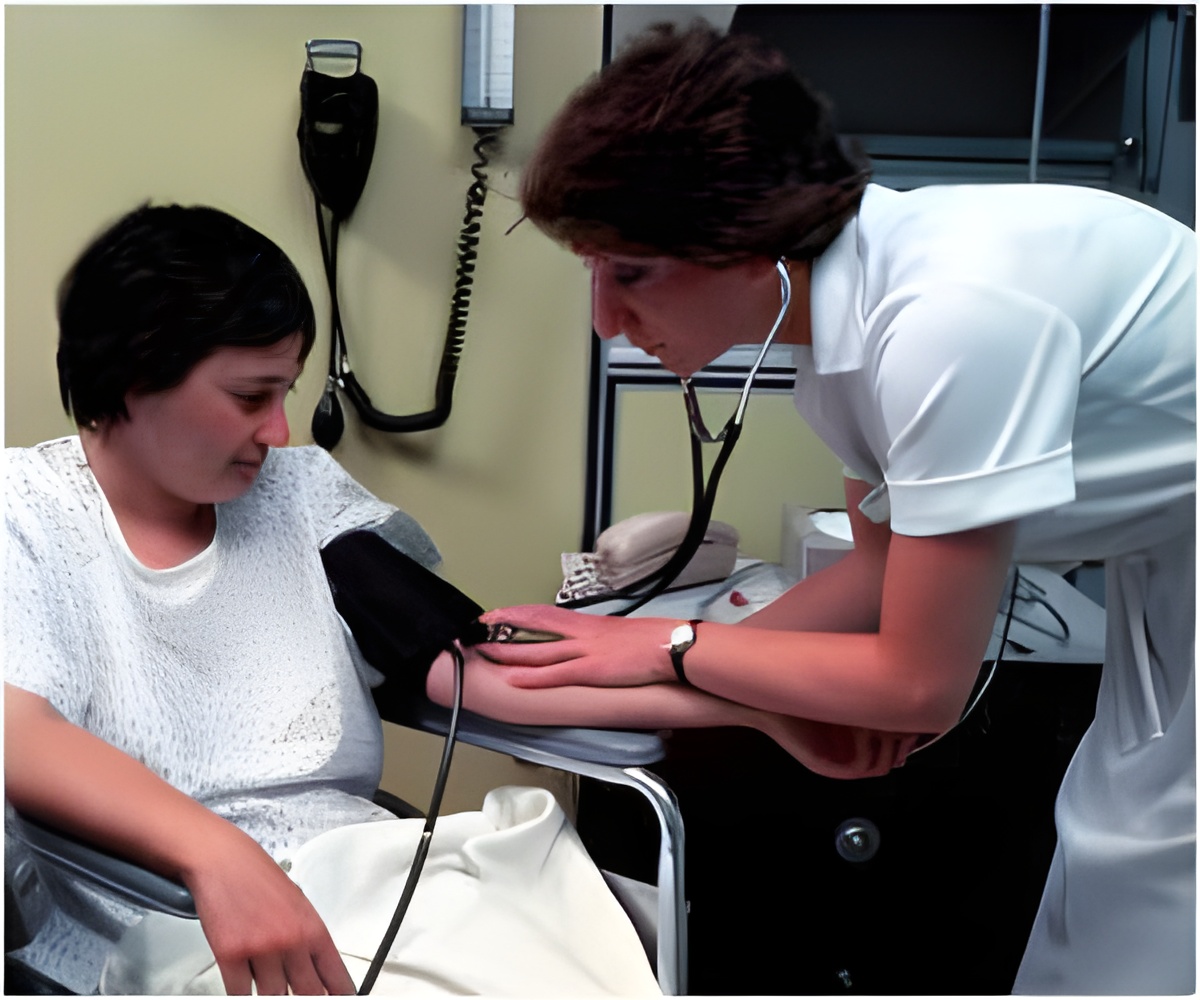It is committed to stepping up its commitment to patient partnership and wants to develop a strategy for patient partnership that will be reflected across the entire journal, states the journal.

Earlier this year, the BMJ launched a 'Too Much Medicine' campaign to help tackle the threat to health and the waste of money caused by unnecessary care. The journal will also partner at an international conference Preventing Overdiagnosis to be held in September in the USA.
Partnering with patients "must be seen as far more than the latest route to healthcare efficiency," they write. "It's about a fundamental shift in the power structure in healthcare and a renewed focus on the core mission of health systems."
They add: "We need to accept that expertise in health and illness lies outside as much as inside medical circles and that working alongside patients, their families, local communities, civil society organisations, and experts in other sectors is essential to improving health."
Several accompanying articles discuss "shared decision making" as part of a new social movement for healthcare reform.
Ray Moynihan, Senior Research Fellow at Bond University in Australia believes citizens can play "a more active role in some of the big and pressing debates about the future health of medicine."
Advertisement
And he warns that the tendency to individualise and medicalise problems caused by a suite of social or environmental factors "is another issue ripe for more vigorous debate with a much wider range of players."
Advertisement
This view is supported in an editorial by Leonore Tiefer at New York University School of Medicine and colleagues, who say that "contemporary enthusiasm for the commercialization and marketing of healthcare seems to offer ever wider opportunities to sell medical treatments."
They point to a recent international conference, where health professionals and consumer advocates developed a "Call to Action on Selling Sickness." Among its list of concerns were the problems of biased science, hidden data, inflated diagnostic categories, unnecessary screening and treatment, and the widespread neglect of social factors when treating illness.
"The Selling Sickness call to action, promoted by an emerging advocate-professional partnership, will add strength to the new social movement for healthcare reform that may prove crucial to global health in the 21st century," they conclude.
In a final article, Kelly Young, president of the Rheumatoid Patient Foundation, describes how her experiences as a patient with rheumatoid arthritis led to her work providing a more complete understanding of rheumatoid arthritis to health professionals and the public.
Describing herself as a "rheumatoid arthritis warrior" she says "comprehending the patient experience is essential to improving care, and this experience often differs from what textbooks lead clinicians to believe."
Source-Eurekalert









